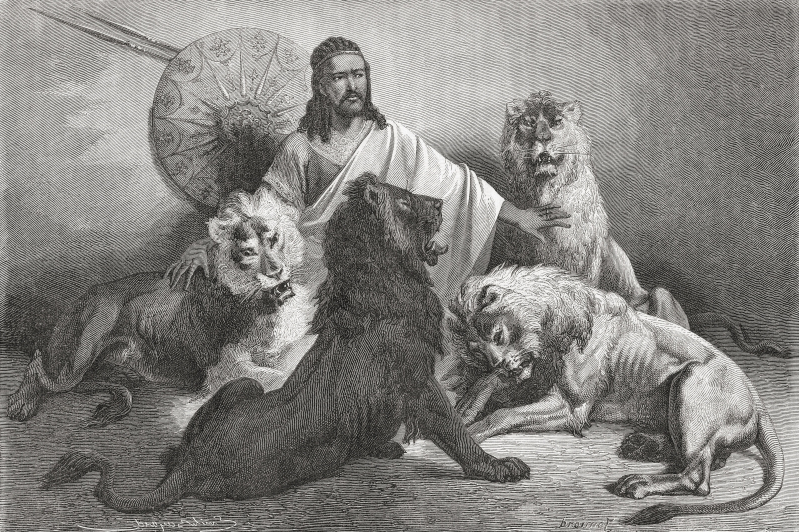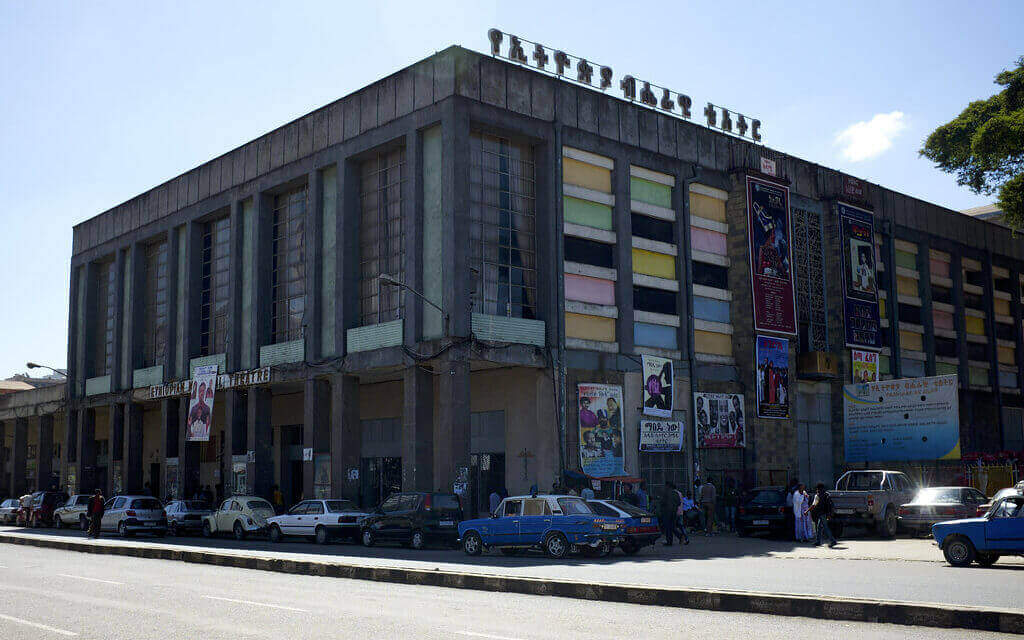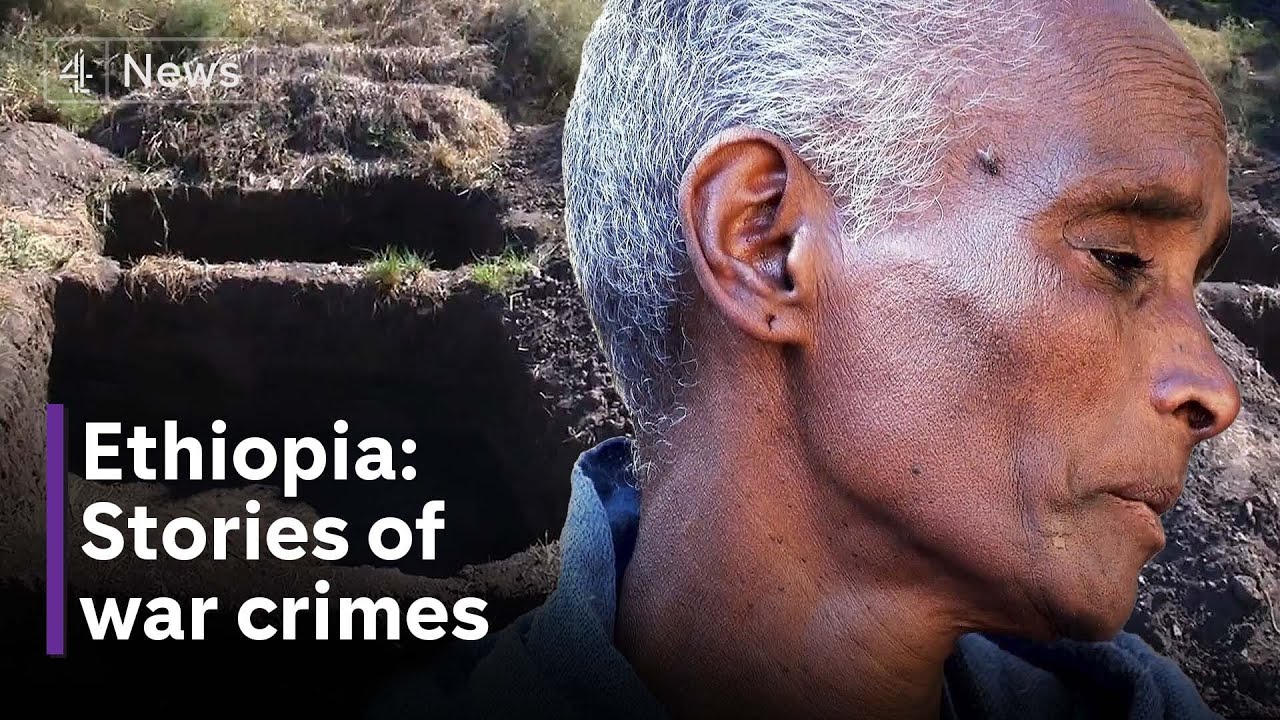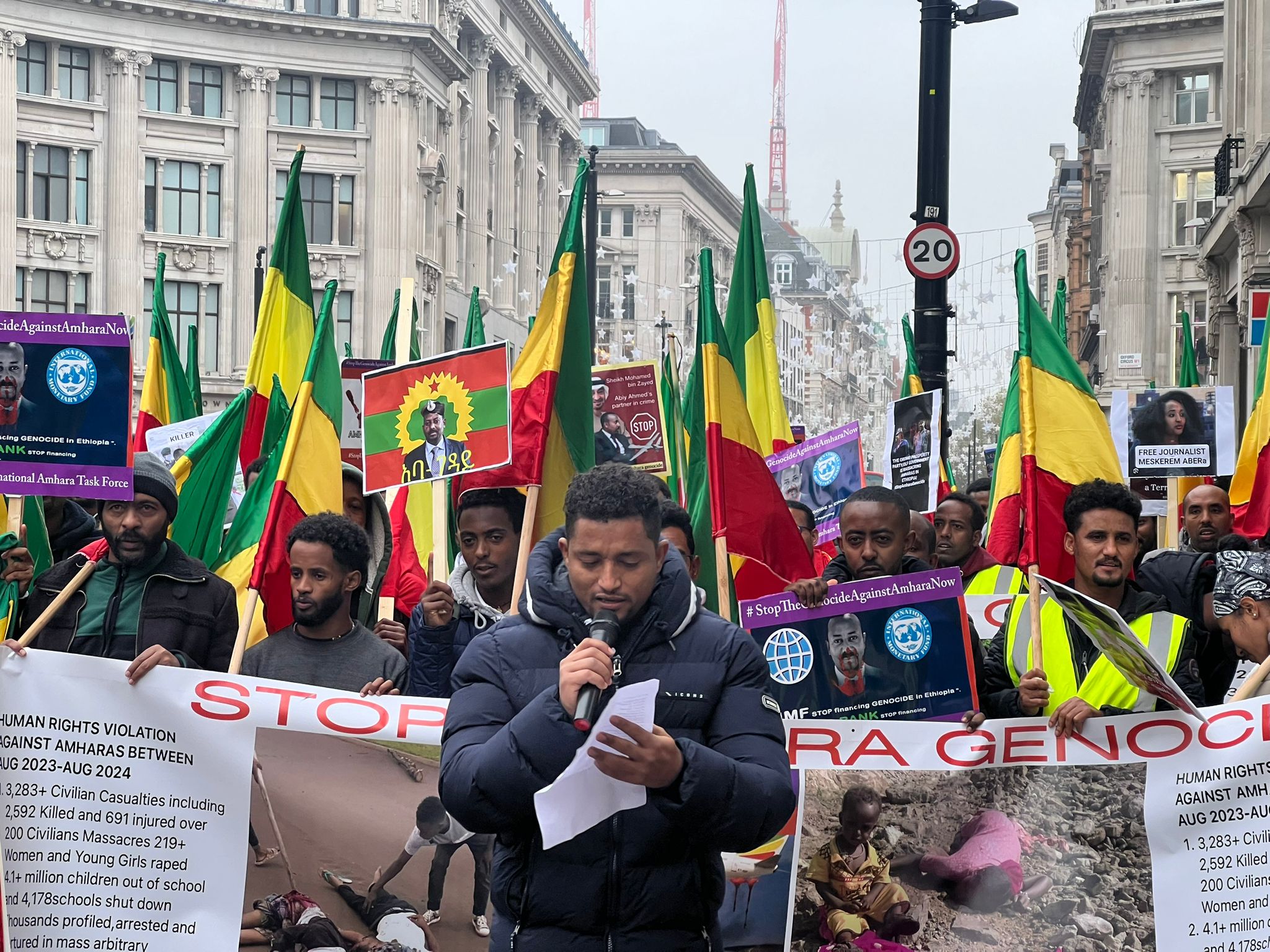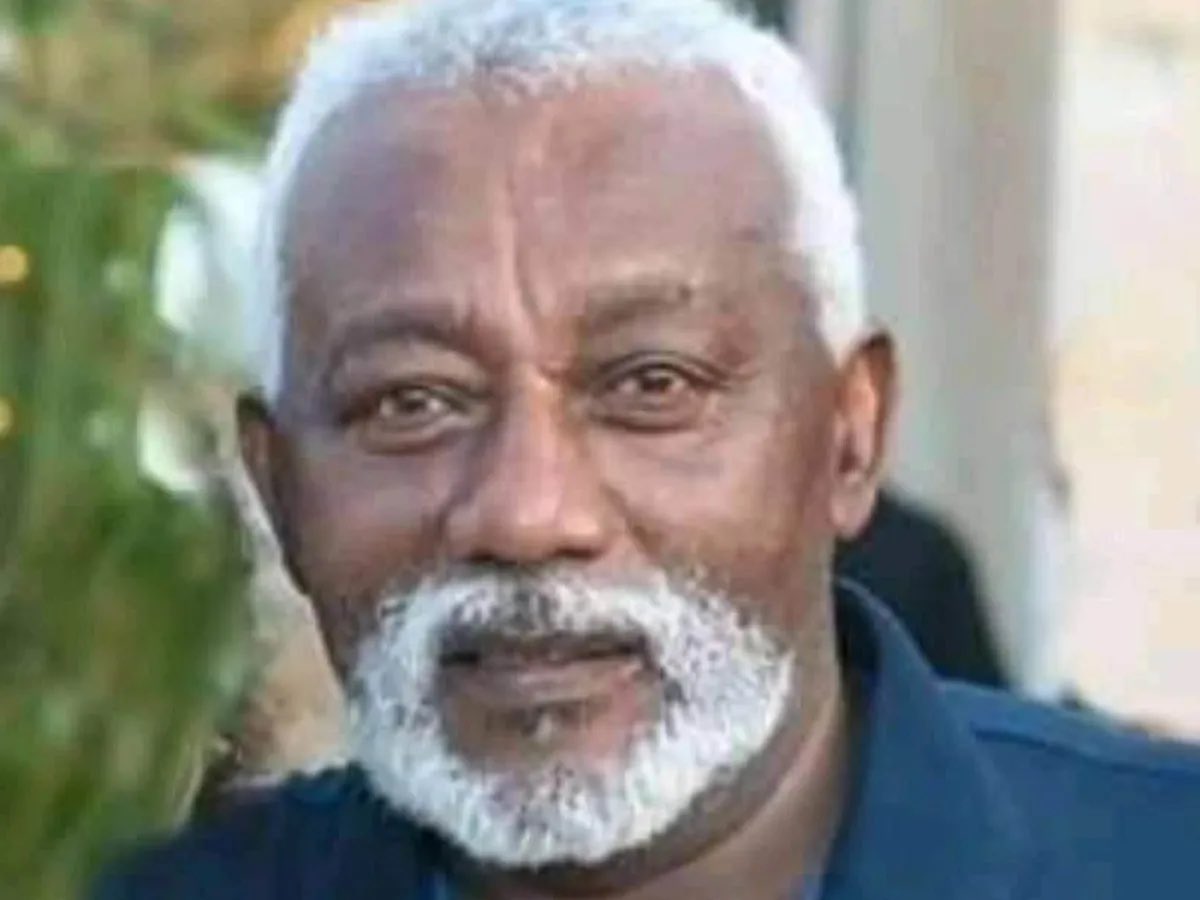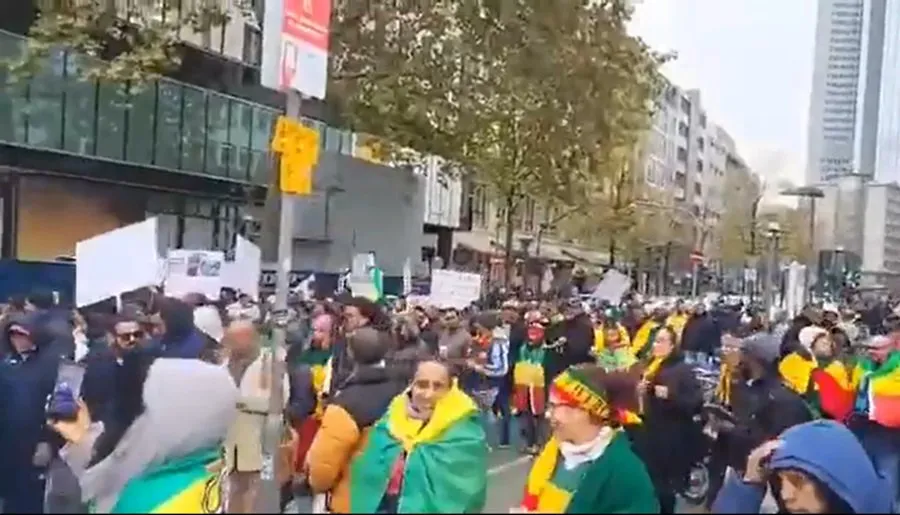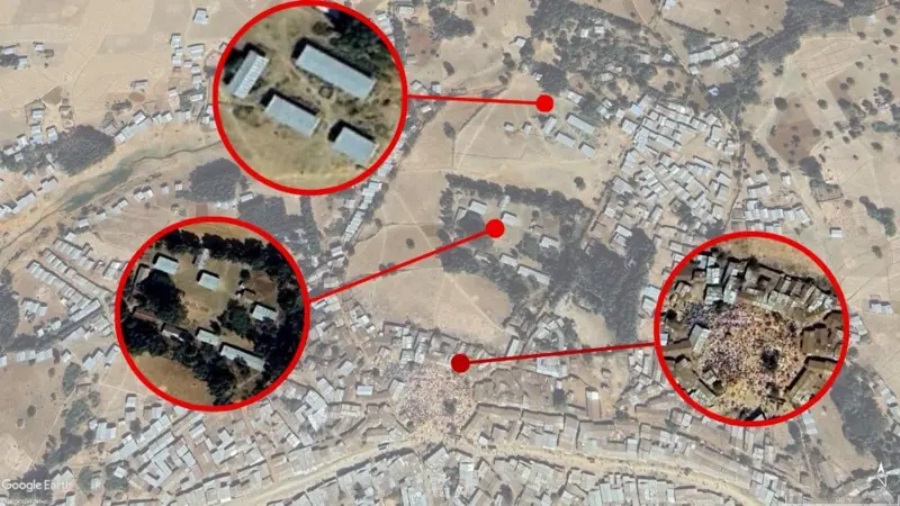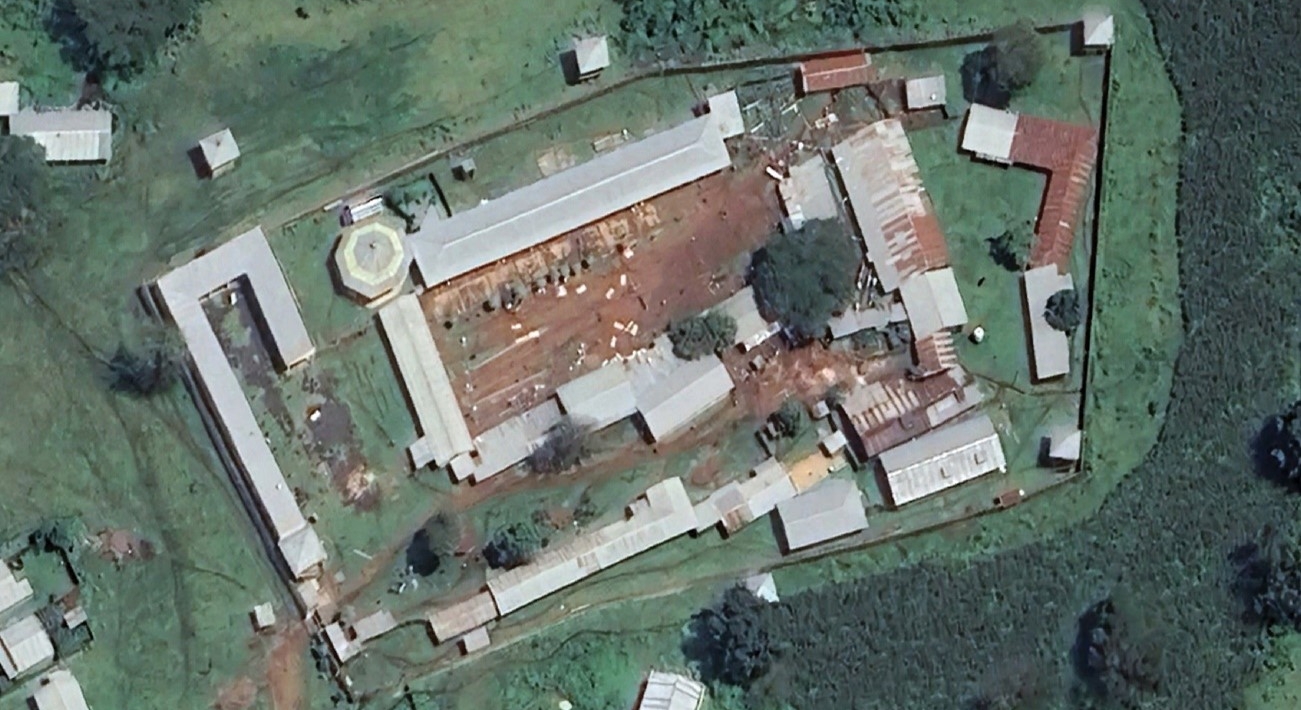In the late 19th century, a young Ethiopian prince named Alemayehu was tragically swept up in the colonial ambitions of the British Empire. After the British army defeated the forces of Emperor Tewodros II during the Abyssinian Expedition of 1868, they seized the 7-year-old Alemayehu and forcibly transported him back to England. Torn from his homeland and family, the prince was thrust into an unfamiliar world, made to adapt to British culture and customs against his will.
Alemayehu spent the remainder of his short life in England, a captive of the Crown, and was eventually interred in the royal vaults of Windsor Castle upon his death at age 18. For over a century, his remains have lain in this lavish tomb, a silent testament to the human toll of imperialism. Now, a growing movement of activists and historians is calling for Alemayehu’s body to be repatriated to Ethiopia, arguing that this young royal deserves to be laid to rest in the country of his birth, rather than entombed thousands of miles away in the seat of the former colonial power that stole him from his homeland. As the debate over colonial-era repatriations continues, the tragic story of Prince Alemayehu stands as a poignant example of the profound human consequences that can arise from the unequal power dynamics and cultural clashes of the age of empire.
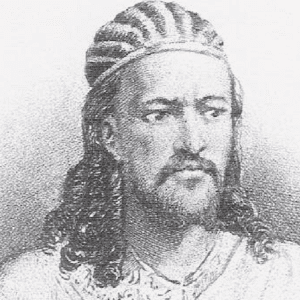 Today at The National Army Museum there is a delegation from Ethiopia who will receive a lock of Emperor Tewdros’s hair which was taken from his head by The British Army on finding he had taken his own life in honour of his country on 13th April 1868 at The battle of Maqdala in Ethiopia. The King’s son Prince Alemayhu was taken by forceful coersion by Captain Speedy on behalf of Sir Robert Napier along with other looted treasures on a circuitous route to England. The looted goods, including his mothers clothes, are on display at The British Museum.
Today at The National Army Museum there is a delegation from Ethiopia who will receive a lock of Emperor Tewdros’s hair which was taken from his head by The British Army on finding he had taken his own life in honour of his country on 13th April 1868 at The battle of Maqdala in Ethiopia. The King’s son Prince Alemayhu was taken by forceful coersion by Captain Speedy on behalf of Sir Robert Napier along with other looted treasures on a circuitous route to England. The looted goods, including his mothers clothes, are on display at The British Museum.
Prince Alemayehu died aged 18 in Leeds in England on 14th November 1879. It is recorded and stated by Alula Pankhurst that Alemayehu believed he was being poisoned. He was buried at Windsor castle. The Ethiopian Government have requested again and again that his remains be returned. A brass plaque in the nave of St George’s chapel at Windsor Castle bears words written by Queen Victoria “I was a stranger and ye took me in”, but Alamayehu’s body is buried in a brick vault outside the chapel. He was not taken in.

Alemayehu was not a stranger to his people and did not want to be in England. Captain Speedy took charge of prince Alemayehu at his home in The Isle of Wight and claimed a stipend from the British Government much like a foster parent. Speedy was a strange man often dressing in Ethiopian clothes and sleeping in the same bad with Alemayehu. At eighteen the prince was an adult and the stipend stopped, so Speedy sent Alemayehu to live with a Doctor Arthur Ransome in Leeds. Prince Alemayehu died shortly afterwards of what was recorded as pleurisy. Does any of what happened to Alemayehu seem in any way worthy of investigation?
Here is how it is written into British folklore:
- Before King Tewdros took his own life he begged his conquerors (Captain Speedy in particular) to take his son to England.
- His son died of pleurisy at eighteen years old just months after being sent away by Speedy once Speedy’s stipend had stopped.
- Speedy loved Alemayehu. Speedy is written in British history as the saviour and foster parent of Alemayehu.
- Alemayhu’s mother died of a mysterious illness on the way to the coast with the army. Alemayhu’s teacher who was also to making the voyage back was dismissed by Alemayehu. Alemayehu was seven years old.
- Although the Ethiopian government has requested Alemayehu’s remains they have been told the remains will be impossible to identify at Windsor Castle because they are jumbled up with others. (Yet he is buried in the most protected managed earth in Britain. Windsor Castle.)
- Alemayhu was an ‘arrogant boy’ at schools in Rugbury and at Sandhurst.
The lock of Emperor Tewdros’s hair holds the DNA which would identify Alemayhu’s remains.
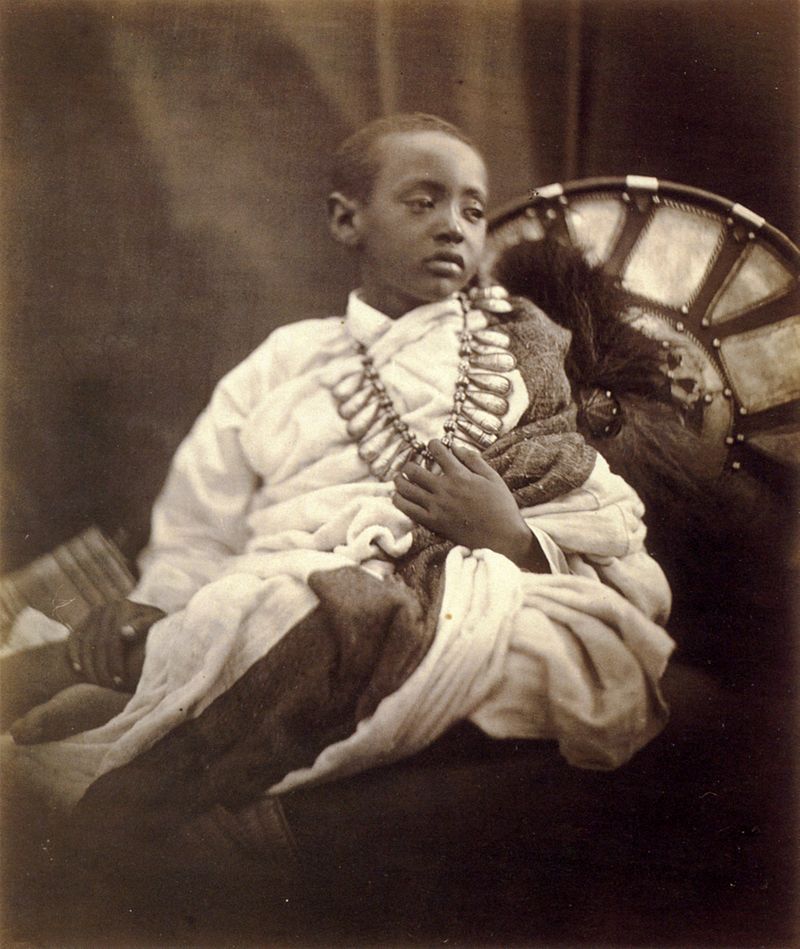
In conclusion: If ‘we’ British can find the remains of Richard III (killed in a battle in 1485), in a car park in Leicester and rebury him in a Cathedral then ‘we’ can find and repatriate the first stolen abducted child who died in 1879 to ‘my’ Ethiopia. We know where he is buried.
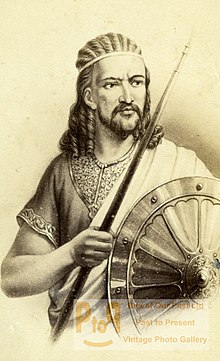 Various Ethiopian governments have been graceful and patient receiving various rebuttals to their requests but this matter is becoming more and more relevant to the people of Ethiopia as they emerge through their own turbulent past into a bright future. What better news to give to the people than your prince is coming home, what better symbol of hope for the country.
Various Ethiopian governments have been graceful and patient receiving various rebuttals to their requests but this matter is becoming more and more relevant to the people of Ethiopia as they emerge through their own turbulent past into a bright future. What better news to give to the people than your prince is coming home, what better symbol of hope for the country.
The question of heritage and conservation is a relevant one to Ethiopians. A joint project to build a world class mausoleum or resting place, serving the customs of Ethiopian Orthodoxy and royal protocol needs to be addressed while the matters of diplomacy take their course. Heritage and conservation concerns will always be a part of the overall conversation for the looted goods and resting place of the noble stolen prince. As a matter of fact this is our countries opportunity to address those concerns.
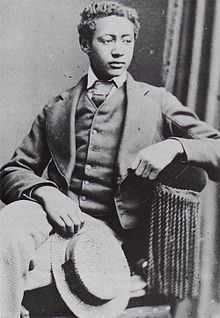 If any English patriot wants to feel what I feel just imagine the shoe was on the other foot and a prince of yours was buried in Ethiopia after Ethiopians had raided Windsor castle and returned to Ethiopia with the booty and a prince of England buried by the castles of Lalibella.
If any English patriot wants to feel what I feel just imagine the shoe was on the other foot and a prince of yours was buried in Ethiopia after Ethiopians had raided Windsor castle and returned to Ethiopia with the booty and a prince of England buried by the castles of Lalibella.
I am not a diplomat. I am supporting the hard work on both sides. I was stolen from Ethiopia at mercy of the same kind of subterfuge.
I do not take this next point as evidence but as circumstatial. There is no happiness in any one photograph of Prince Alemayhu. This was not a better life for him. In my opinion It could have caused his shockingly early and deeply suspicious death. In any other situation (and if the shoe were on theother foot). this would be a plot for an Indiana Jones or the subject of investigative journalists in all the national papers here in Britain. Alas it isn’t.
There is a saying “Until the story of the hunt is told by the lion the hunter will always be the hero”. The lion’s story will be told.
